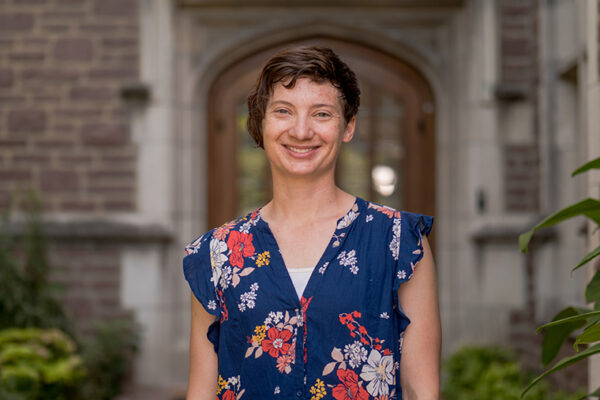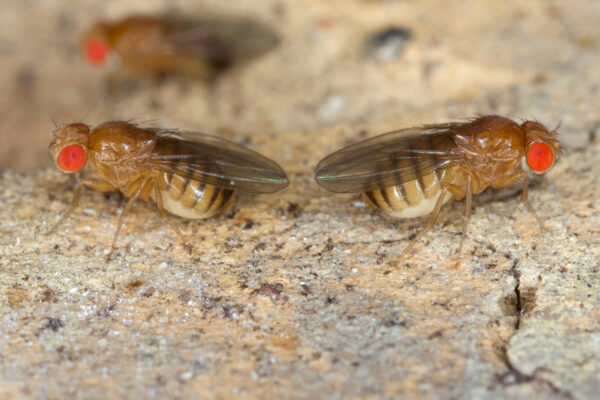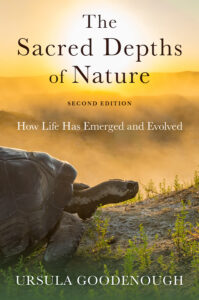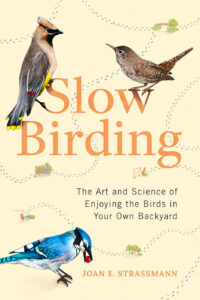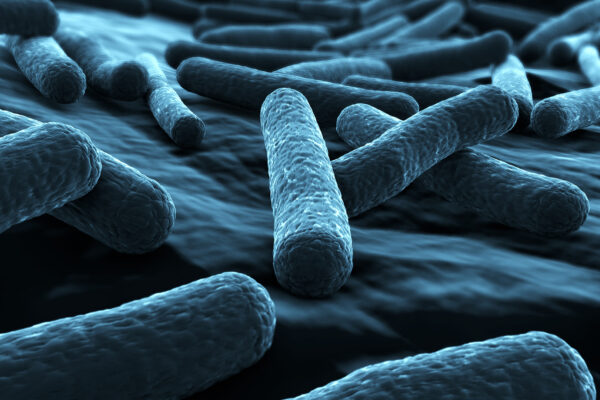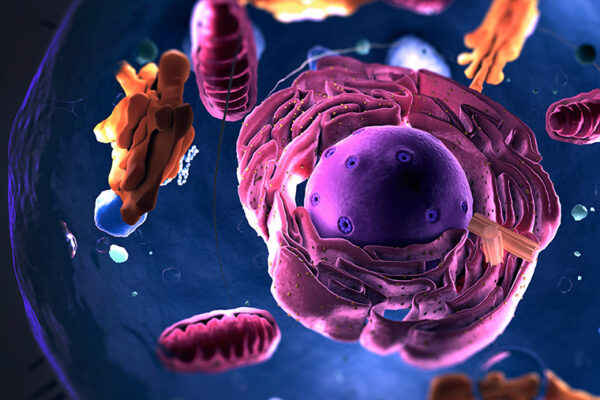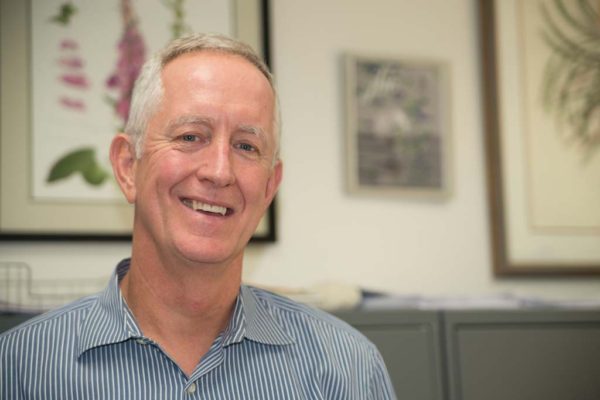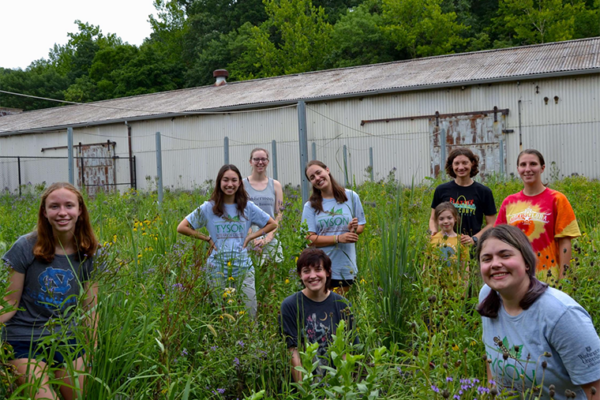Penczykowski wins NSF CAREER award
Rachel Penczykowski, an assistant professor of biology in Arts & Sciences, won a prestigious National Science Foundation grant for early-career faculty who excel at mentorship and research. The award will fund a project investigating infestations of a common plant pathogen in the St. Louis area.
When bugs swipe left
A study in iScience led by biologist Yehuda Ben-Shahar in Arts & Sciences identifies a link between the genetic instructions for the perception and production of pheromones.
The Sacred Depths of Nature
How Life Has Emerged and Evolved (second edition)
A beautifully written celebration of molecular biology with meditations on the spiritual and religious meaning that can be found at the heart of science, this volume makes an important contribution to the ongoing dialog between science and religion. This book will engage anyone who was ever mesmerized–or terrified–by the mysteries of existence.
Slow Birding
The Art and Science of Enjoying the Birds in Your Own Backyard
In this inspiring guide to the art of slow birding, evolutionary biologist Joan E. Strassmann in Arts & Sciences tells colorful stories of the most common birds to be found in the United States — birds we often see but might not have considered deeply before.
Beyond the average cell
Models based on an average cell are useful, but they may not accurately describe how individual cells really work. Molecular biologists use actual single-cell data to update the framework for understanding the relationship between cell growth, DNA replication and division in a bacterial system.
Organelles grow in random bursts
Far from orderly “brick-by-brick” assembly, the internal structures of cells are grown in stochastic bursts, according to physicist Shankar Mukherji in Arts & Sciences, author of a Jan. 6 study in Physical Review Letters.
Course on ‘bioinformatics of proteins’ receives funding
Washington University is now a part of the Seattle Structural Genomics Center for Infectious Diseases Consortium, and received a subcontract award of up to $50,000 from Seattle Children’s Research Institute in support of a course on protein bioinformatics.
Vierstra receives $1.3 million grant
Richard D. Vierstra, the George and Charmaine Mallinckrodt Professor of Biology, received a four-year $1.3 million grant from the National Institutes of Health (NIH) to continue his project titled “Phytochromes: Structural Perspectives on Photoactivation and Signaling.”
Entangled photons to take pictures in the dark
Joshua Yuan at the McKelvey School of Engineering is using quantum physics to develop technology to image photosynthesis in action without disturbing the process. The research has received support from the U.S. Department of Energy.
‘Humans of Tyson’ project highlighted at statewide conference
Colleen McDermott, a junior environmental analysis major in Arts & Sciences, discussed working with the “Humans of Tyson” project at Tyson Research Center during the recent 2022 Kansas and Missouri Environmental Education Conference.
Older Stories
